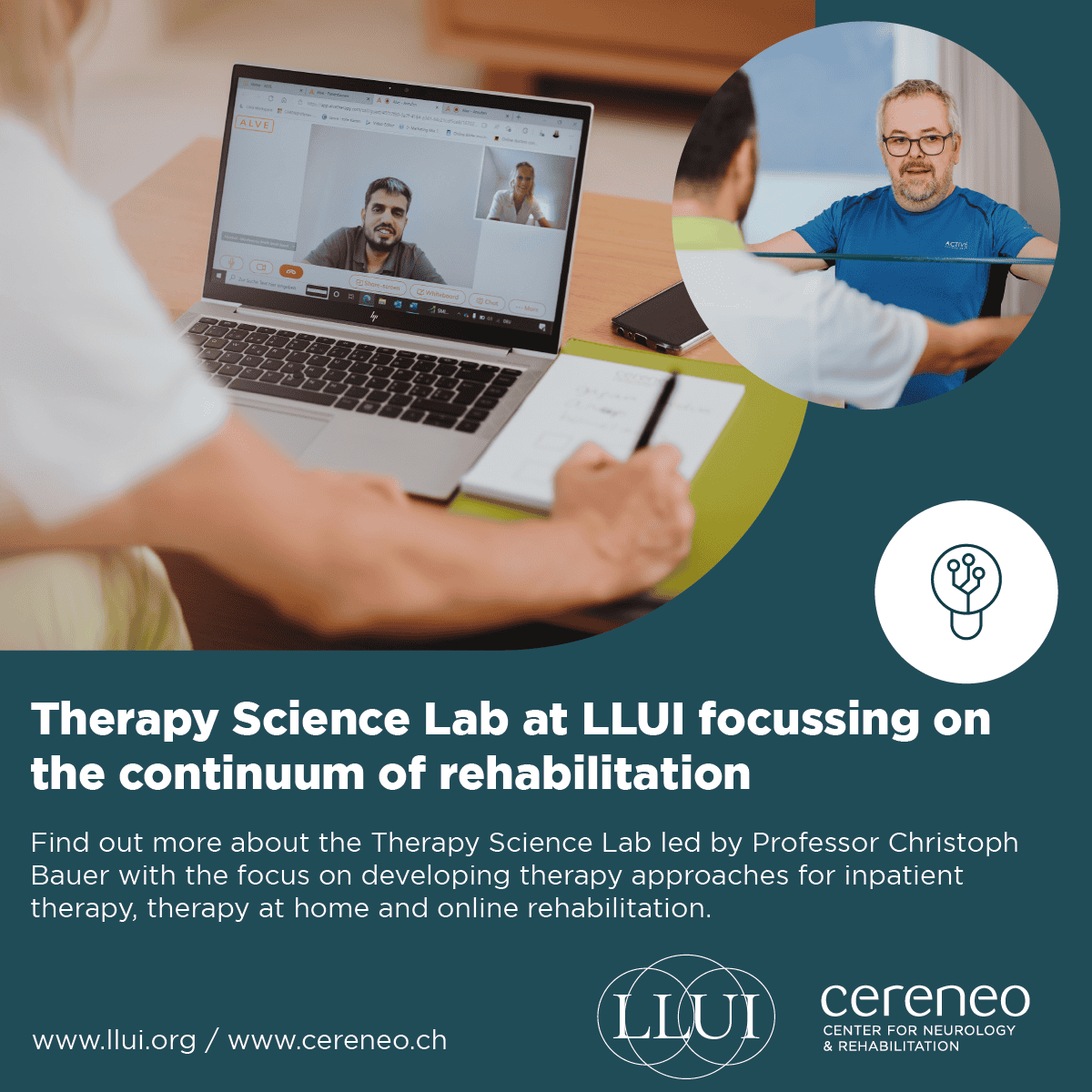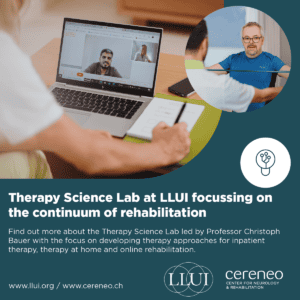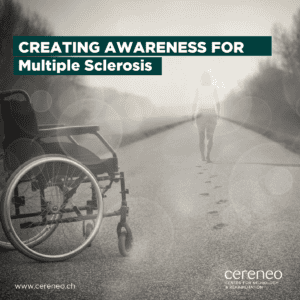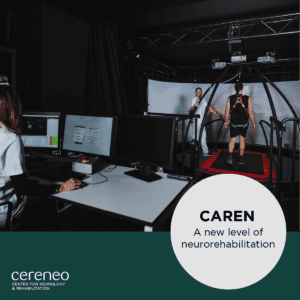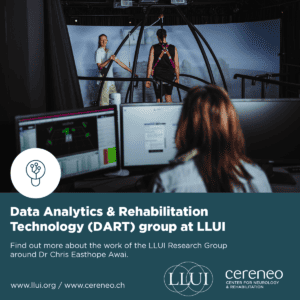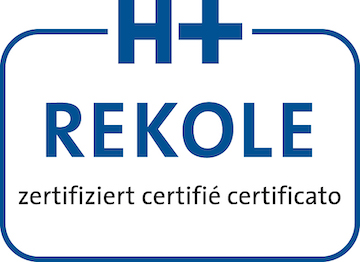As we get older, our bodies may need extra attention to maintain good health. All calories are not the same. Foods must be chosen wisely to provide the nutrient density of key nutrients.
Vitamin D helps regulate the amount of calcium and phosphate in the body. These nutrients are needed to keep bones, teeth and muscles healthy. During the autumn and winter, adults need to get vitamin D from their diet because the sun isn’t strong enough for the body to produce it. Good sources of vitamin D include oily fish (such as salmon, sardines, herring and mackerel) mushrooms (such as dried shiitake or Chiodini Brown) and eggs (yolks).
Our bone calcium balance can be positive, neutral, or negative, depending on a number of factors, including aging and acquired or inherited disorders. This is especially important for older adults and postmenopausal women, because calcium is absorbed less efficiently. Calcium-rich food and beverages that support good bone health include dark green leafy foods (broccoli, cabbage and okra, but not spinach), dairy products (cow milk and cheeses such as ricotta and Crescenza or Greek yogurt ), soya product (beans, tofu or drinks), nuts (almonds), dried fruits (dried figs) or sesame seeds/tahini.
Vitamin B12 is an essential nutrient that the body can’t produce on its own, so you need to get it from your diet or supplements. Fortified cereals, lean meat and seafood such as mackerel, tuna and herring are a good source to increase vitamin B12 levels: They are necessary for the production of red blood cells and ensure the proper function of the nervous system.
Fruits, vegetables and beans are good sources of potassium which will help – together with lowering your sodium intake – to lower your blood pressure.

